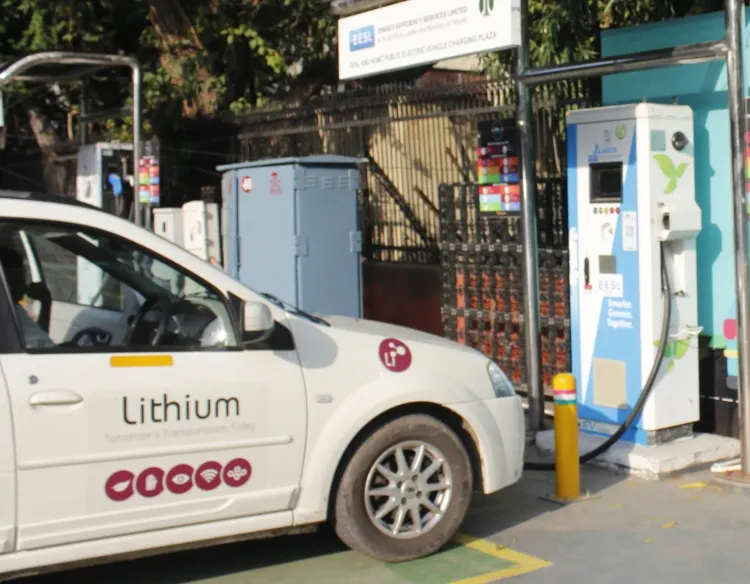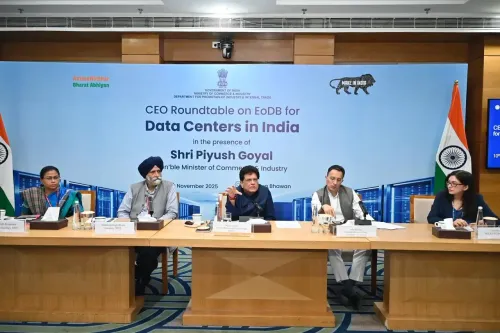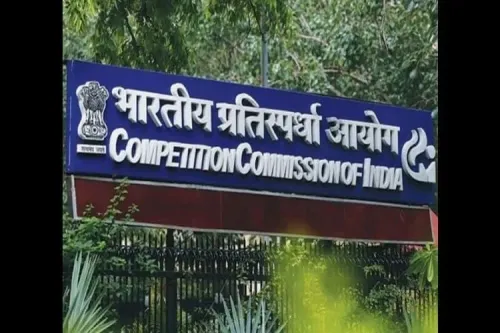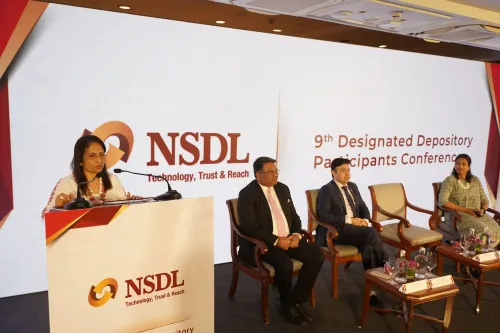India's Electric Vehicle and Ancillary Sector Could Attract $40 Billion in Investments Over the Next 5-6 Years

New Delhi, Dec 11 (NationPress) A recent report indicates that there exists a potential $40 billion investment opportunity for the enhancement of electric vehicles (EVs) and their ancillary sectors in India within the next 5-6 years.
Approximately two-thirds of the anticipated investments are expected to emerge from the lithium-ion battery sector alone, according to the findings from Colliers, a professional services and investment management firm.
The effective allocation of these funds hinges on the successful execution of government initiatives, the expansion of charging infrastructure, and the scaling up of domestic manufacturing capabilities, the report elaborated.
Simultaneously, as EV adoption increases, the growing requirement for charging infrastructure is projected to lead to a real estate demand exceeding 45 million square feet by 2030.
Investment pledges within the domestic EV market have surged over threefold in the past three years.
With an overall EV penetration rate currently standing at 8 percent in India, Colliers forecasts sales of approximately 2 million EVs in 2024.
“Although demand and supply incentives will continue to be instrumental in accelerating the adoption of EVs, a substantial increase in sales can be expedited by lowering production costs and enhancing affordability concerning EV pricing,” stated Badal Yagnik, Chief Executive Officer of Colliers India.
Furthermore, high-capacity original equipment manufacturing units and extensive production of lithium-ion battery types should be prioritized in the EV sector, Yagnik emphasized.
With the growth of domestic EV production, plans for the acquisition and development of approximately 13,000 acres of land may materialize by 2030.
Of the potential land development prospects, over 80 percent is expected to originate from lithium-ion battery manufacturers.
It is crucial to concentrate on lithium-ion battery and related segments, as well as public-private partnerships to enhance charging infrastructure along highways, expressways, and urban areas throughout the nation, the report highlighted.









